King Charles Coronation: The curtain rises on the strangest show in town
- Published
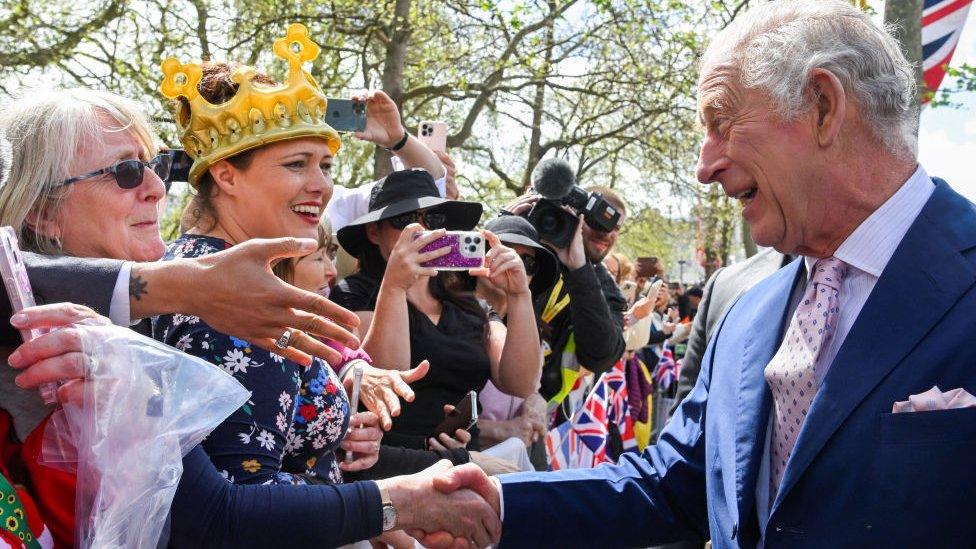
Does anyone understand what the Coronation is about?
It may have fallen to a 65-year-old Australian rocker, looking in from the outside, to explain.
Nick Cave is, he says, neither republican nor monarchist. But he will be attending on Saturday for "the bizarre, the uncanny, the stupefying spectacular, the awe inspiring".
The Coronation will be all these things and more.
Because every big royal occasion, jubilee or wedding, birth or death, is an opportunity of sorts.
A chance to remind the nation and the world of the institution's role and relevance. And a moment to reinvent and rebrand.
That reinvention needs to be done with a good deal of subtlety. An institution based on the hereditary principle and rooted in a millennium of tradition is not exactly suited to re-launches.
And this Coronation comes against a challenging backdrop. This will be the third time in 12 months that the trumpets have sounded, the uniforms glinted and the carriages rumbled through London's streets and across TV, radio and online.
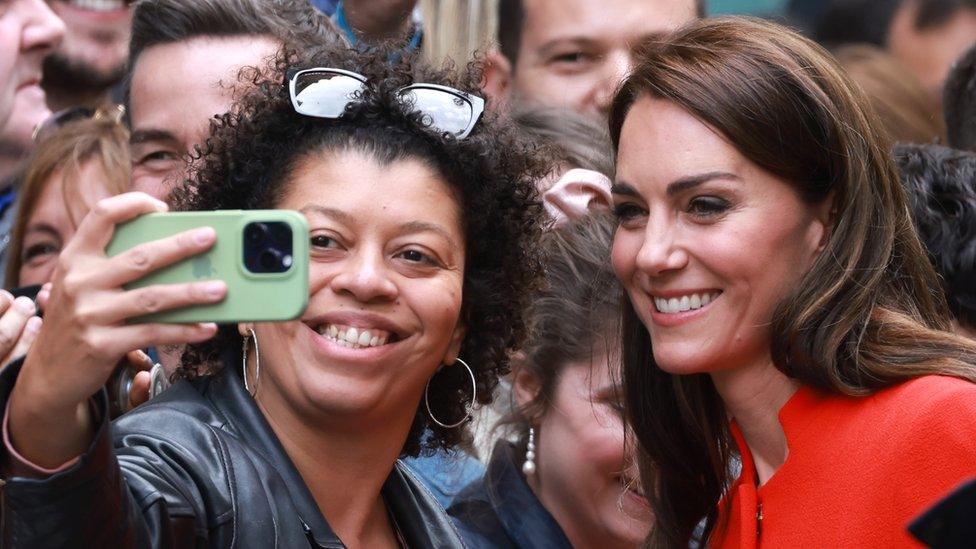
For an institution that is supposed to chunter away genially in the background, it has been quite in-your-face for a while now.
There are more questions too than before - about the cost of the monarchy, about the wealth of the Crown, about the principle of a hereditary head of state, questions that were largely below the surface in the last decades of the late Queen's reign.
And questions about whether support for the monarchy - pretty strong in the last few decades - was actually more about support for the late Queen herself, less about popular feeling towards the institution she led.
Answers to these questions will not be found at the Coronation. The symbols and symbolism of a thousand years will crowd out much else. But the Palace is listening, closely, to the Britain of this Coronation.
Look carefully and some guide to the reign to come will be seen behind the flummery and pomp.
Swept from the congregation are the hereditary peers who, in a bustle of coronets and ermine, crowded into the Abbey last time in 1953.
One in five of those attending this time will be charity workers and community volunteers - a reflection of the "welfare" or "service" monarchy that has evolved over the decades.
The changing face of Britain will be at heart of the service. Dame Elizabeth Anionwu, of Irish-Nigerian descent, and Baroness Benjamin, born in Trinidad and Tobago, will carry in some of the ornate regalia.
Five of the twelve composers of the music specially commissioned for the service are women. Last time around it was an all-male affair.
One of the four clerics presenting the regalia to the King and Queen will be the Jamaica-born Bishop of Dover, Rose Hudson-Wilkin. And after the service finishes, Jewish, Buddhist, Hindu, Sikh and Islamic faith leaders will deliver a greeting to the newly-crowned King and Queen.
As Prince of Wales, the King spent decades meeting people from every quarter of the UK. He knows how it has changed from the days of his late mother's Coronation.
And he knows the Crown has to reflect that change. Thankfully for him, those changes chime with his sympathies.
'Tradition blended with modernity' is how the Palace likes to describe aspects of the day to come. In other words, the same, but different.
The differences will be telling. The similarities will be what draw the eye and ear.
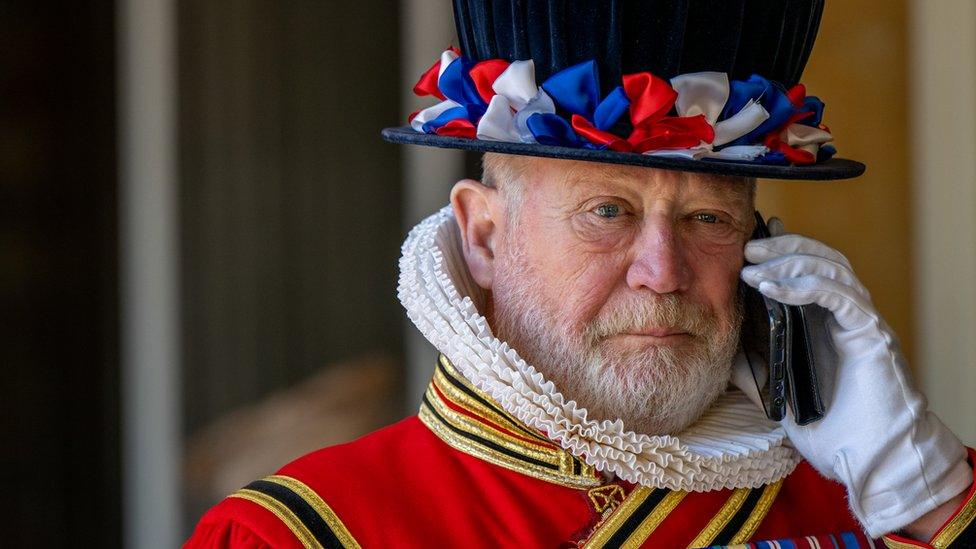
Not for 70 years has such ornamental bling seen the light of day like this. Not since that Coronation in 1953 has such a military procession been seen on the streets.
A moment in national life like no other. A moment of extraordinary colour and history.
It is hard to dispute the oddity of the day to come. The curious titles. The sashes and swords, robes and spurs. The crowning of a man already King. But perhaps that's the point.
Another royal excursion for a nation at ease with its own eccentricity. Or as Nick Cave puts it "the unique weirdness of Britain itself".
Something, perhaps, every now and then, worth marking and celebrating.


Related topics
- Published6 May 2023
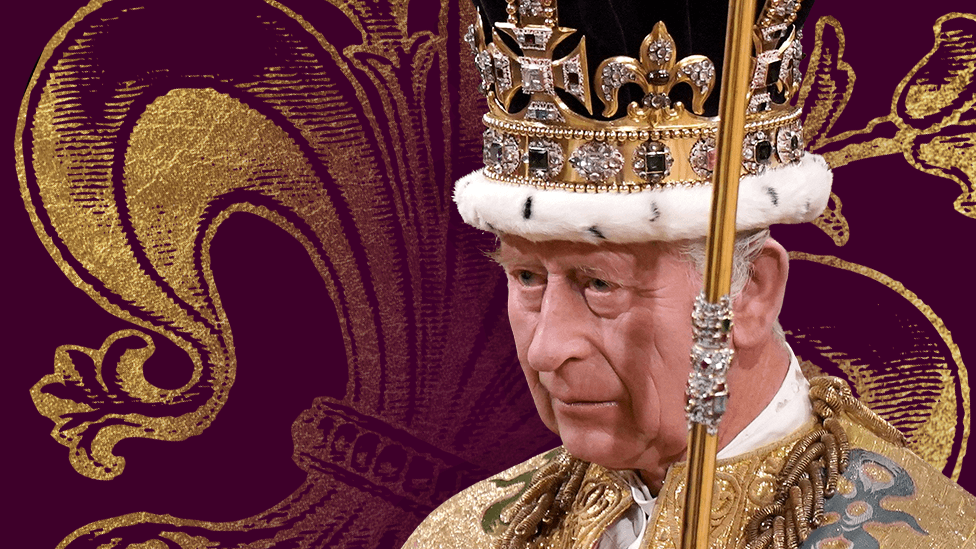
- Published4 May 2023
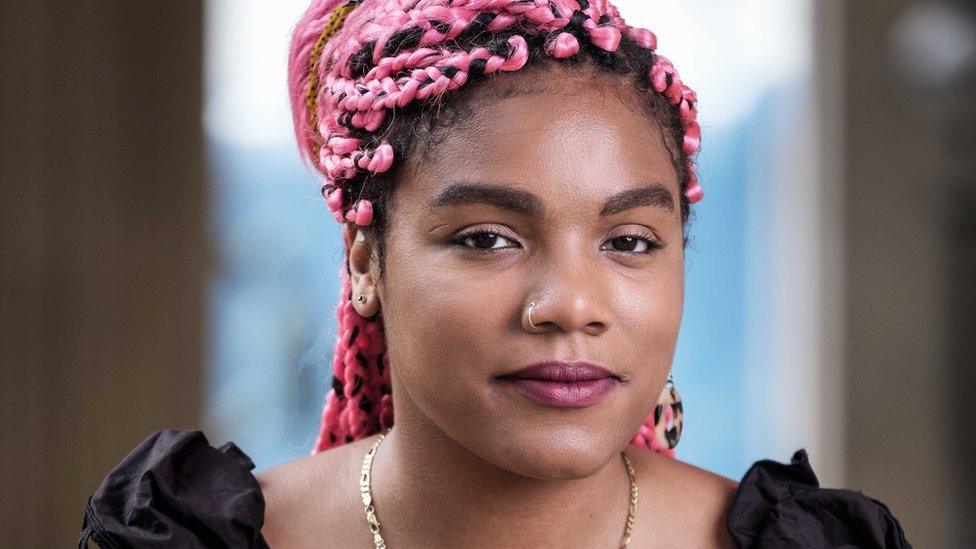
- Published7 May 2023
